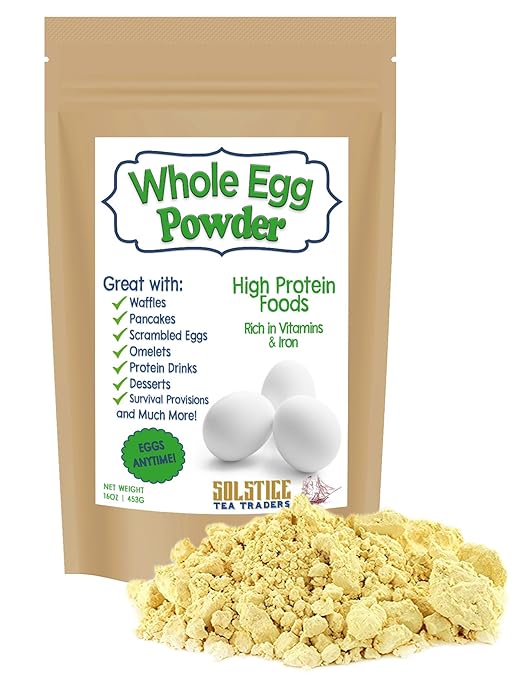We have an eight year old and a five year old who took it upon themselves to dye about five dozen easter eggs (non-boiled). I was just digging around online to see what can be done with them after easter passes thinking as long as the dyes didn't penetrate into the egg they'd be fine to eat. However everything I found online said "Don't, don't, don't". Not because of the dyes....because they'd been at room temp for more than two hours.
Now shift to the sailor in me. I've been researching cruising related food things like making my own yogurt on board, storing fresh and canned stuff and the topic of eggs without refrigeration. I had come to the conclusion that eggs that hadn't been processed (eggs that aren't machine processed and inoculated with anything in a factory) could be stored at room temperature (on a sailboat) without any concern. Now I'm doubting my conclusions. What say the collective sailors here?
Now shift to the sailor in me. I've been researching cruising related food things like making my own yogurt on board, storing fresh and canned stuff and the topic of eggs without refrigeration. I had come to the conclusion that eggs that hadn't been processed (eggs that aren't machine processed and inoculated with anything in a factory) could be stored at room temperature (on a sailboat) without any concern. Now I'm doubting my conclusions. What say the collective sailors here?





